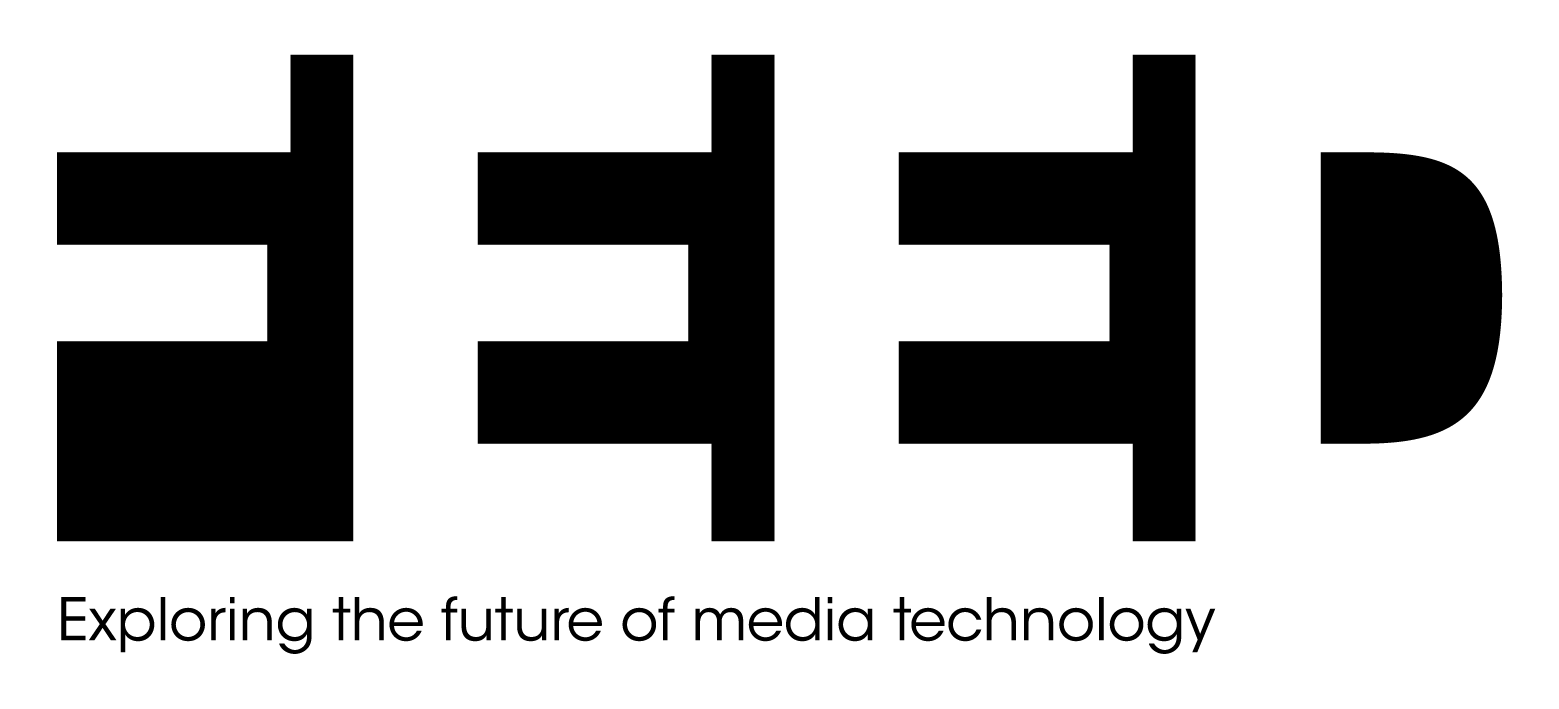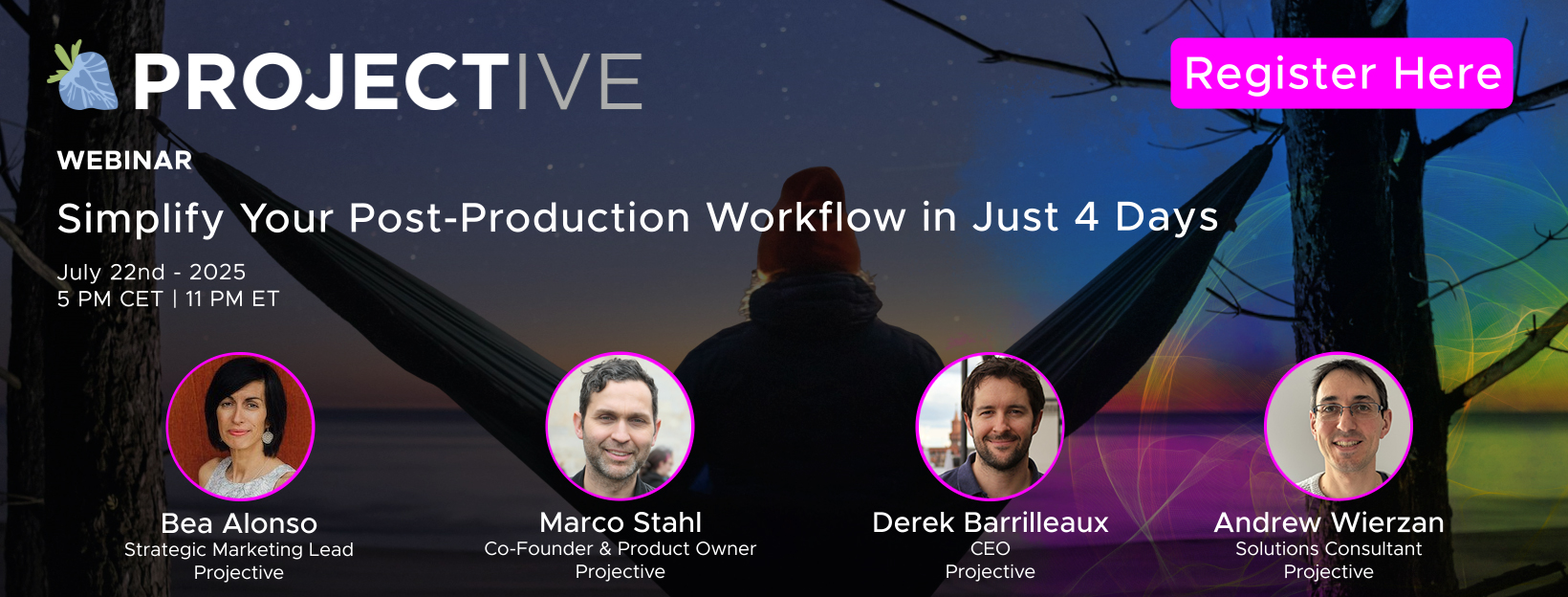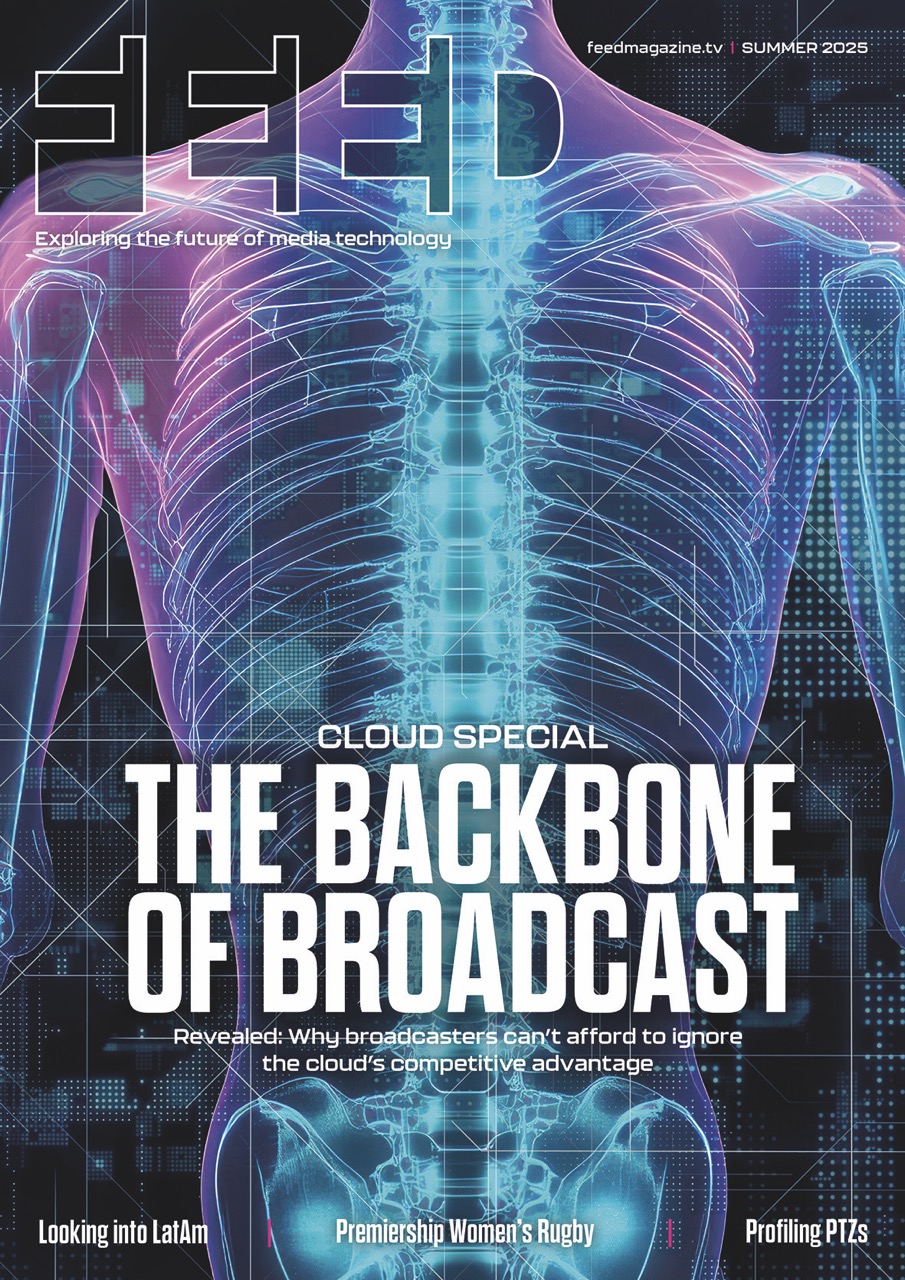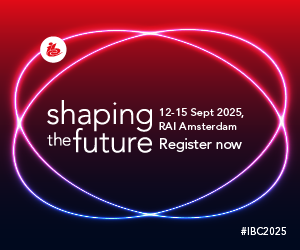Curse of the Victorians: Episode IV, Jevons’ paradox
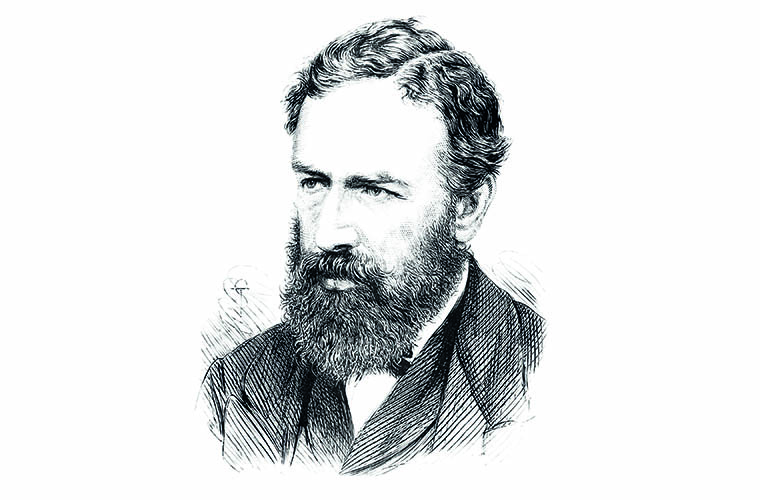
Posted on Feb 2, 2020 by Neal Romanek
Saving the planet means looking beyond efficiency and technical tweaks
Technology won’t save us.
There, I’ve said it.
And, boy, do we ever need saving. As the last koala goes up in flames like a cheaply made pyjama case and Jakarta’s tourist industry is taken over by submarine tours of downtown, it’s dawning on people that these are not ordinary times. The fossil chickens (which would be dinosaurs, I guess – literally) have come home to roost.
We’ve known most of what we need to know about fighting climate change since the late 1980s, when James Hansen appeared before the US Senate. In fact, the principles behind how CO2 and other greenhouse gases trap heat in the atmosphere was well understood back in the 1850s, when Irish physicist John Tyndall explained the heat absorptive properties of different gases and how these kept the Earth from turning into an ice planet.
Then it’s basic number-crunching to figure out how much warming will result from a given amount of additional greenhouse gases. As far back as 1959, ‘father of the hydrogen bomb’ Edward Teller told the American Petroleum Institute that increased atmospheric CO2 could “melt the icecap and submerge New York” . In the 1970s, Shell, BP and Exxon began to research the impact their industry could have on the climate. And climate models have been really accurate in predicting how the climate will respond to increasing CO2 levels for almost 50 years*.
I guess we all thought the truth would win out. That when people understood the science, they would do the right things. But people are funny. The choice between a heart attack and one more bacon cheese burger can be, strangely, a difficult one.
We all thought that when people understood the science, they would do the right thing
Tools in the hands of tools
Technology – or ‘tools’ as John Tyndall and the Victorians called them – are by definition, human implements that amplify human behaviour. If a tool can’t help me to do something better, faster, smarter than I could without it, it’s not a tool, it’s a toy.
Most of the chatter around fixing climate change for the last two decades has been around using tools – technology – to increase efficiency. The idea goes: if we could do more with less, we could ramp down our consumption and then stand a chance of rolling back permanent damage to our life-support system.
But it hasn’t worked that way – the opposite has happened. The rate of consumption, across the board, has grown. And grown.
Welcome to Jevons’ Paradox.
William Stanley Jevons, a Victorian economist, observed in 1865 in his book The Coal Question that technological improvements, which had increased the efficiency of coal use, did not lead to decreased coal but in fact to an overall increase. Fuel efficiency leads to greater fuel use, not less, he discovered.
Why? “Because people are born greedy,” wrote Jevons – or so I’d like to imagine. He actually wrote: “It is a confusion of ideas to suppose that the economical use of fuel is equivalent to diminished consumption. The very contrary is the truth.”
As our lives become increasingly tech-saturated, we run into Jevons’ Paradox more and more. It shows up when your boss says, “With these new systems, we’ll save so much money, we’ll have a lot more to spend on R&D!” Yet somehow, those savings never seem to show up in the R&D budget.
We see Jevons’ Paradox all the time in our new digital media technologies, creating ever-more efficient workflows. We have better and more flexible ways of doing production, of sending and receiving and delivering media, than ever. One person can do in one day what would have taken 50 people six weeks in 1940. But still… budgets are tighter, schedules are shorter, workloads are greater.
Jevons’ Paradox means we no longer have to spend time writing a letter on paper anymore, and then going to the postbox. Now you can contact anyone instantly via email, which everyone knows is a real time saver. If you’re not sure, go and ask your favourite post supervisor if their teams are thankful for their higher pay, more friendly working hours and greater opportunity to contemplate the creative side of the business.
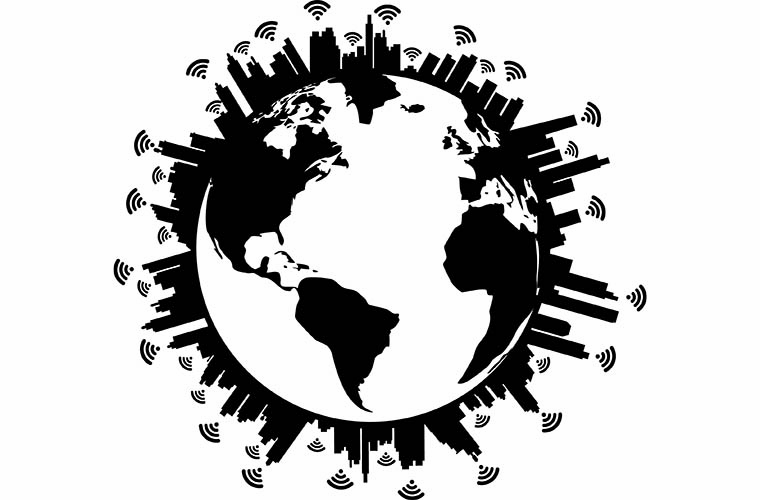
Is dumb tech smart tech?
If better technology alone was going to solve the crisis of consumption and environmental collapse, it would have done so already. It’s delusional to think that just around the corner must be some technological trick that is going to magically turn things around.
What may have a chance of saving us is a new, human-centric way of doing things. And in the media and entertainment industry, this will mean a complete rethink in how we view what media is – content that gives more than it takes (something it would be hard to say is the case now). It will require collaborative decision-making, intelligent planning and a quantum leap in creativity. Rather than technology leading businesses, creativity and sustainability will have to lead. It might even result in a new sector of the industry: Regenerative Content Development.
I suspect, if we can pull this off, media historians of the future will marvel at the clear line of demarcation between media made today and media made in a life-supporting, sustainable economy built on regeneration and revitalisation.
To be blunt, a nasty future is on its way and every industry will be changing, whether it wants to or not. The digital adaptability of the media world may be in a position to create something very new, very quickly, that can be of great benefit in this changing world. But it will be up to human creativity, not technology, to find it.
What the climate emergency has revealed, painfully, and fatally for a lot more people than we like to think, is a problem of human nature. Technology will just amplify what we decide to do. So what will we decide to do?
As Victorian actor, Edmund Kean, said (I needed a third Victorian to round this out): “The fault, dear Brutus, is not in our server farms, but in ourselves.”
*Evaluating the performance of past climate model projections by Zeke Hausfather, Henri F Drake, Gavin A Schmidt, Tristan Abbott.

This article first appeared in the February 2020 issue of FEED magazine.
